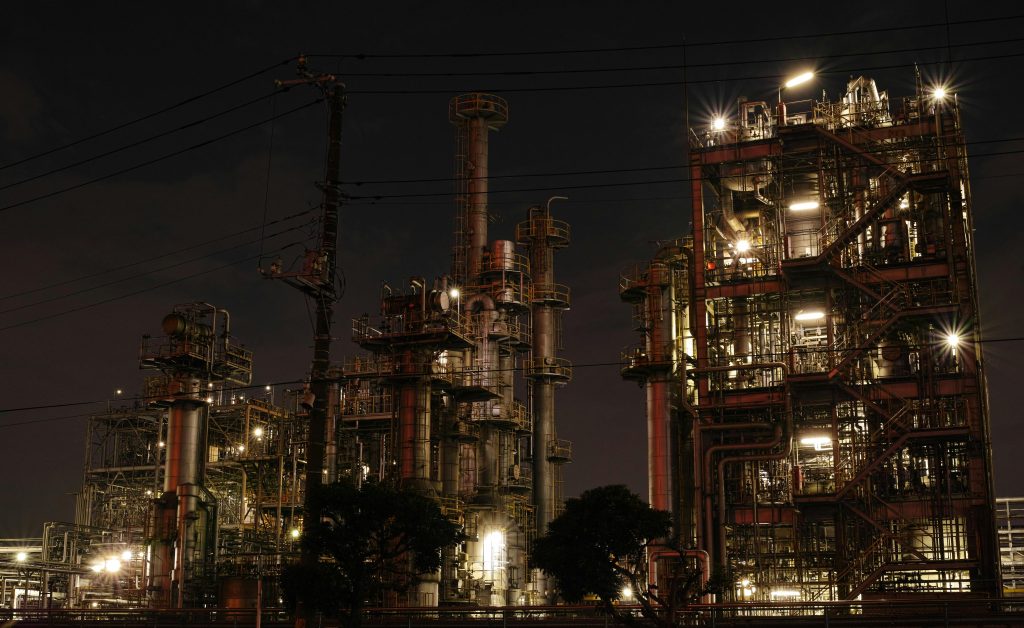
As part of its initiative to enhance domestic energy resilience and reduce external fuel dependency, Senegal has unveiled plans to construct a second oil refinery that will process locally produced crude. The move comes as part of the country’s determination to capitalize on its emerging oil sector while addressing a widening gap between rising fuel demand and limited domestic refining capacity.
Expanding Domestic Refining Capacity
According to Mamadou Abib Diop, Director General of Société Africaine de Raffinage (SAR), the new refinery will play a crucial role in meeting Senegal’s growing consumption of fuel products. The country’s only existing refinery, located in Dakar, currently processes around 30,000 barrels per day, a figure that no longer satisfies domestic needs driven by rapid urbanization and industrial growth.
To bridge this gap, the planned facility will produce 4 million tonnes of fuel annually, raising SAR’s total refining output to approximately 5.5 million tonnes per year when combined with the current plant. This expansion forms part of the government’s long-term strategy to reduce dependence on imported refined petroleum, which continues to weigh heavily on national finances.
Investment and International Partnerships
Building on this ambition, the refinery project is estimated to cost between $2 billion and $5 billion. It remains in the planning phase, with negotiations currently underway with potential investors from China, Turkey, and South Korea. Authorities are considering a public-private partnership (PPP) structure to combine state oversight with private sector funding and technical expertise an approach expected to ensure both efficiency and accountability.
If all goes according to plan, construction will begin around 2026, with operations projected to start in 2029, following detailed technical and financial assessments. Beyond enhancing energy security, the project is also expected to create thousands of jobs, promote local skill development, and stimulate industries reliant on refined fuel products.
Tapping Into New Oil Production
The refinery plan comes on the heels of a milestone in Senegal’s energy sector the commencement of oil production at the Sangomar offshore field, operated by Woodside Energy in partnership with Petrosen, the state-owned oil company. Senegal’s effort to boost crude oil processing output represents a broader shift in its energy landscape, placing greater emphasis on domestic production and creating new pathways for economic diversification.
According to the National Agency for Statistics and Demography, refined petroleum products accounted for 22.2% of Senegal’s total imports in 2024. By processing more crude domestically, the government aims to reduce import costs, strengthen its trade balance, and stabilize fuel prices for consumers key steps toward economic resilience.
Once operational, the new refinery could supply Senegal’s fuel needs and send excess production to nearby West African countries. This reflects a growing trend across Africa, where governments are investing in domestic refining to increase returns from natural resources and reduce reliance on unpredictable global fuel markets.read about more like this here

